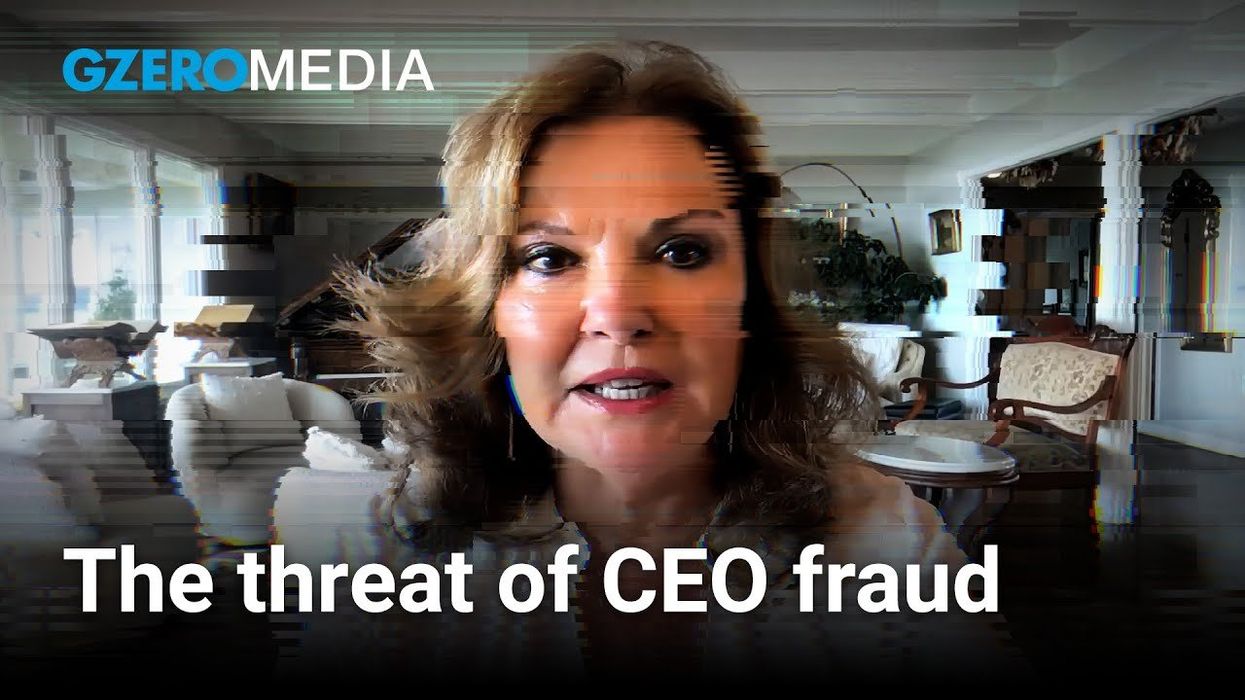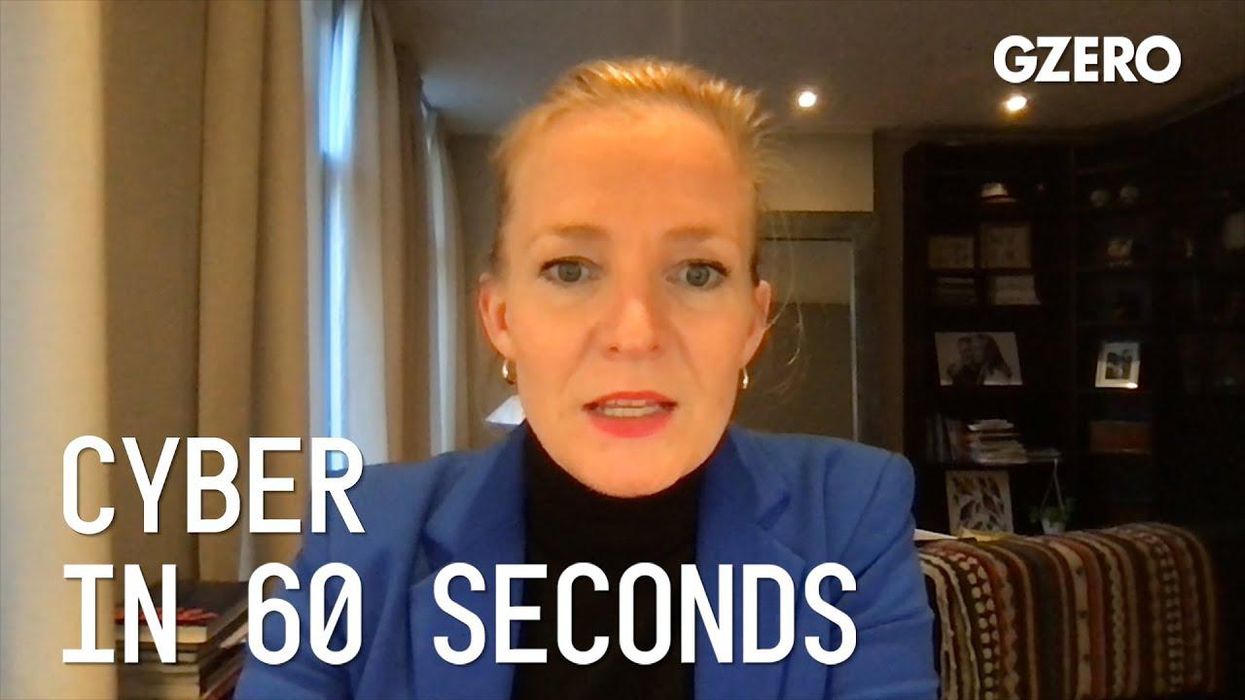Caught in the Digital Crosshairs
Attacked by ransomware: The hospital network brought to a standstill by cybercriminals
Watch the third episode of “Caught in the Digital Crosshairs: The Human Impact of Cyberattacks,” a new video series on cybersecurity produced by GZERO in partnership with Microsoft. In October 2022, the second-largest nonprofit healthcare system in the US, CommonSpirit Health, was hit with a crippling ransomware attack. By the time Kelsay Irby, an ER nurse at a CommonSpirit hospital, arrived at work, the malware had spread through the hospital network like wildfire.
Oct 17, 2023



